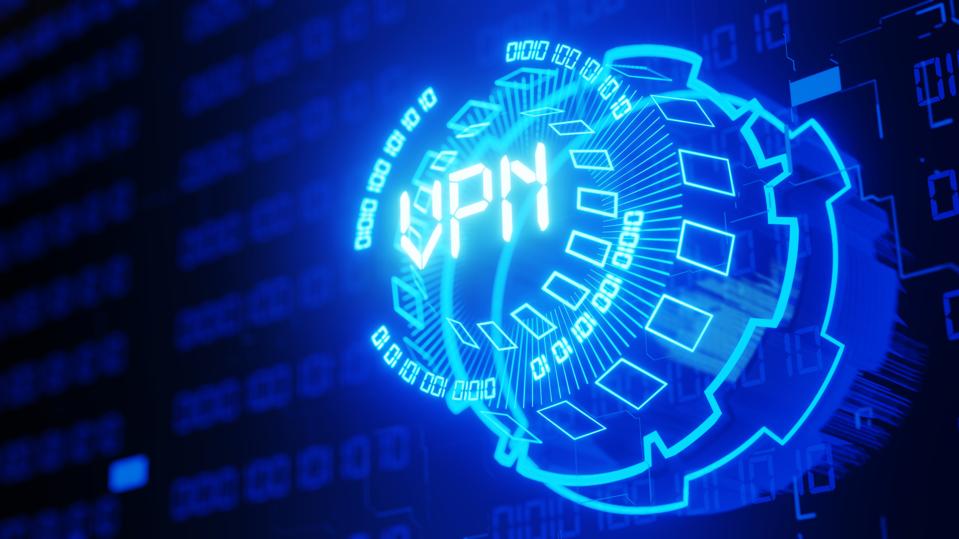Bitdefender Vs. Malwarebytes (2023 Comparison) – Forbes Advisor
To give you a better idea of how Bitdefender and Malwarebytes stack up, here is a head-to-head comparison of their most important features.
Impact on System Performance
Bitdefender is known for its minimal system impact, even when running full scans, making it a good choice for businesses that require uninterrupted workflow. Its various modes, such as Game, Movie and Work, know when to halt pop-ups, adjust visual settings and pause unimportant background activities to allow you to enjoy your device to the max.
Malwarebytes also prioritizes system impact, particularly excelling in quick scan times. The software is optimized for efficient scanning of active threats, minimizing CPU usage and allowing other operations to proceed without noticeable slowdowns. But still, Bitdefender’s nuanced control through specialized modes offers better system performance than Malwarebytes.
Password Management
Bitdefender offers a built-in password manager as part of its comprehensive security suite. This feature helps users securely store and manage their passwords, making it easier to maintain strong, unique passwords for different online services. The password manager is integrated into the overall Bitdefender dashboard, providing a unified experience.
Malwarebytes, on the other hand, is primarily focused on anti-malware protection and doesn’t traditionally include a built-in password manager in its standard packages.
Anti-Spam Protection
Bitdefender offers built-in anti-spam features, particularly in its Internet Security, Total Security and Family Pack packages. These features are designed to filter out unwanted emails, reducing the likelihood of phishing scams and spam reaching your inbox. This is especially useful for businesses where email is a critical communication tool.
Malwarebytes, traditionally focused on malware and ransomware protection, does not offer built-in anti-spam features in its standard packages. Its primary focus remains on detecting and removing various types of malware rather than providing a comprehensive set of security features such as anti-spam.
If your business requires built-in anti-spam features as part of its cybersecurity strategy,…



